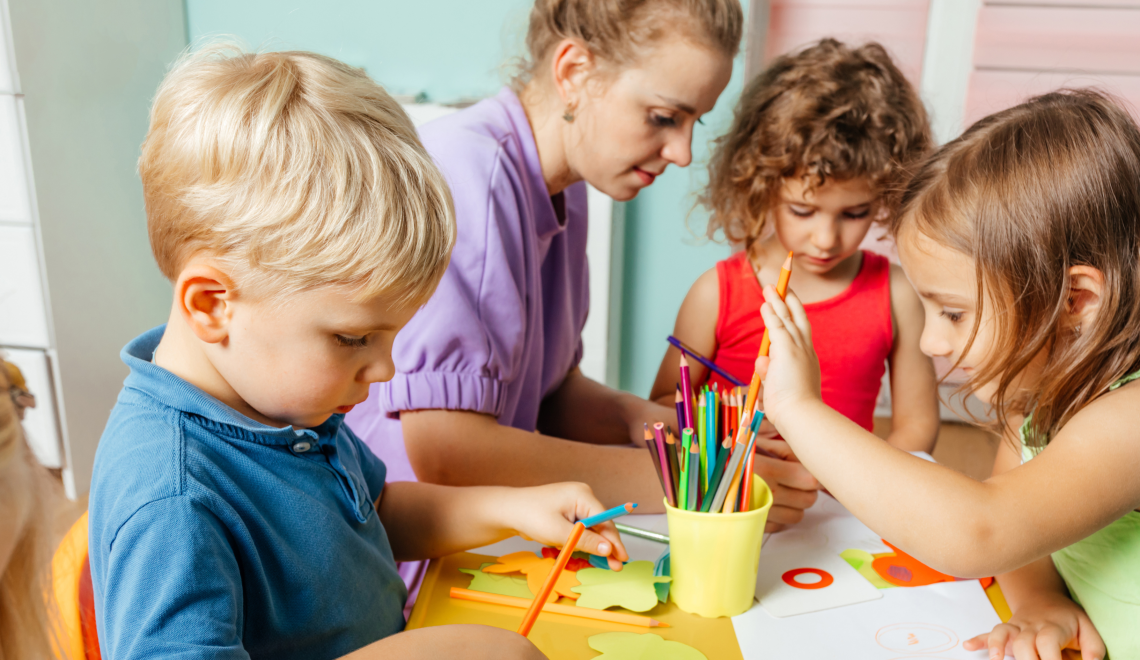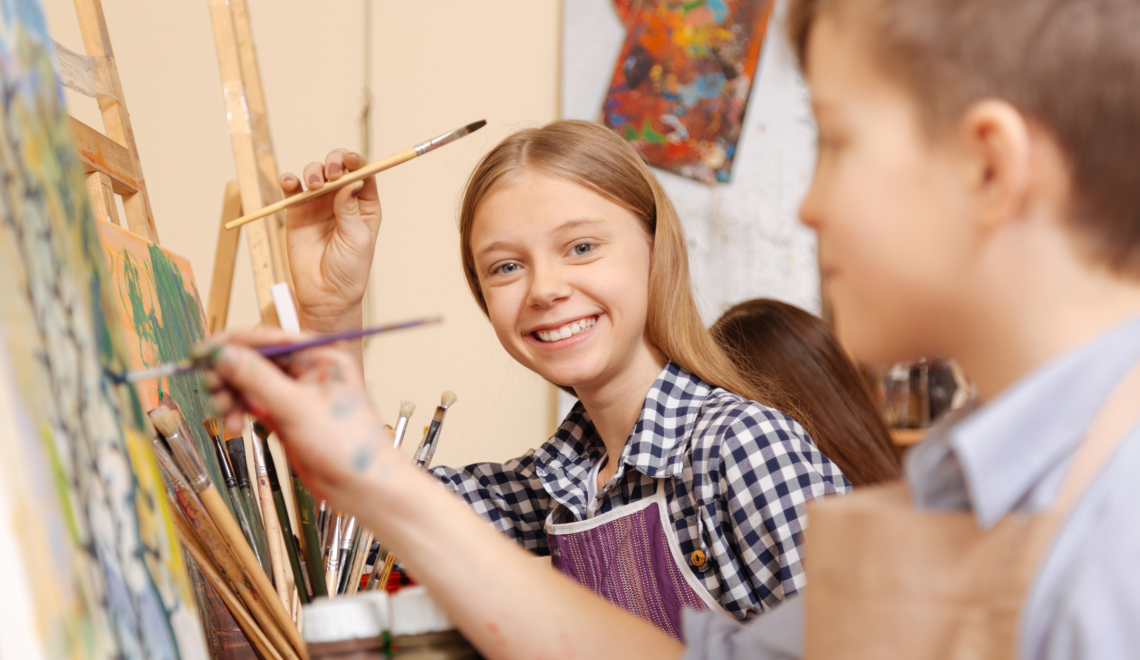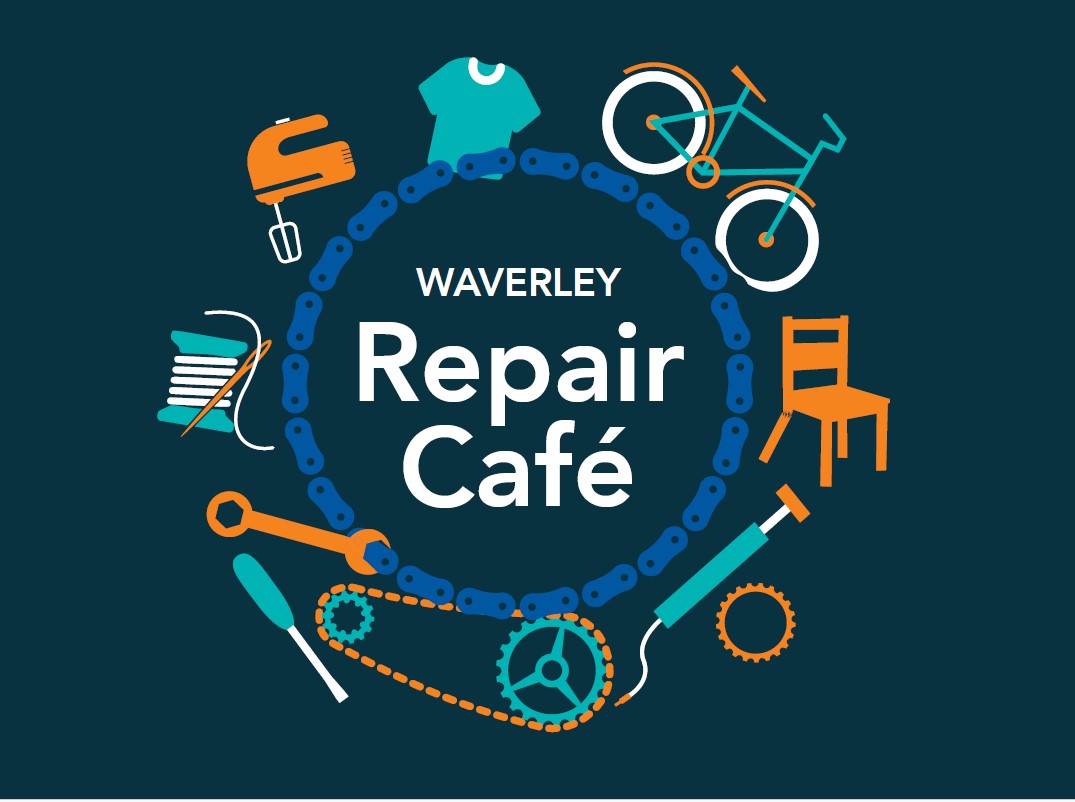
If your little one will soon be heading off to early childhood education, you’ll undoubtedly have several concerns on your mind.
How will they settle? What are the staff really like? Is it the right time for them to be going? These are all questions that will invariably rattle around your head.
However, one thing you should consider is to what degree the centre embraces social and emotional learning, which should be an essential part of any young child’s development.
In this post, we’ll take a look at what exactly social and emotional learning is and why it should be integral to your child’s learning.
The more you can factor in this when choosing an early childhood education centre for your child, the more they will benefit in the long run.
What is social and emotional learning?
SEL is an educational process that aims to develop self-control, self-awareness, and interpersonal skills, which are critical for success in school, at work, and in life in general.
The concept was first mooted within the Child Study Center at the Yale School of Medicine in the 1960s.
It was later developed by The Collaborative for Academic, Social, and Emotional Learning (CASEL) in 1994.
Why is SEL important for learning?
SEL is considered very important in Australia, and many early childhood educational institutions, including the Childcare Gregory Hills centre, build their programmes around it.
According to several studies, SEL is important because people with strong social-emotional skills tend to cope better with the challenges of everyday life, whether socially, academically, or professionally.
Specifically, this is because they have the following:
1. A better sense of self
Those with good social-emotional skills tend to feel very positive about themselves and their ability to do anything.
In particular, as children and younger people become more successful in their interactions with others, they develop increasing self-confidence and a positive outlook.
They also view themselves as becoming more capable in whatever they turn their hand to, which ultimately motivates them to seek new challenges and experiences.
2. Higher emotional intelligence
Emotional intelligence is the ability to recognise, understand, express, and manage your feelings.
Children with good socio-emotional skills are better able to successfully interact with other people. They are also likely to be more curious learners and mindful of the effect of their behaviour towards others.
Perhaps, most importantly, those with enhanced social skills understand that other people have feelings and thoughts that differ from their own and do not form prejudices based on them.
3. Enhanced social skills
Life is a lot easier when we get on with people. Therefore, the better social skills we have, the more likely we are to be able to do this.
Those with strong socio-economic skills tend to be known as ‘people-persons’ who have enhanced social skills.
This translates to a terrific ability to interact with people of different ages and backgrounds. It also manifests itself in the ability to get your point across and understand what others are trying to say to you.
How is SEL taught?
Typically, social-emotional learning in early childhood education is learned by children in two main ways: how they are taught and what they see.
The best centres teach it to children through a mix of play, exploration, and instruction. They also make a point of enforcing the concepts through the way the staff conduct themselves—in essence, practising what they preach.
Ultimately, the process of teaching and learning SEL applies the same principles to literacy or numeracy. In other words, it must be cumulative, customised to the child’s stage and age, and continuous.
What can I do to support SEL in my child(ren)?
As a parent, there are several things you can do to support the early childhood education centre teach your child about social-emotional learning.
One of the main things is to expose them to TV shows, books or songs that are rich with empathy, as this will develop their ability to recognise emotions and social cues. This is especially the case if you ask them about the underlying feelings behind them, i.e. happiness, sadness, frustration or excitement.
Another thing you can do is encourage them to write a journal or get creative in highlighting things that brought them joy, for instance, playing in the park or walking the dog.
Playing board games such as Monopoly of the Game of Life can also be beneficial for social-emotional learning because children learn to take turns, solve problems, manage their frustrations, and even partake in teamwork, all while competing against others.
Additionally, letting your kids see you perform random acts of kindness and showing them how to manage their stress levels can also be very beneficial to their socio-emotional development.












